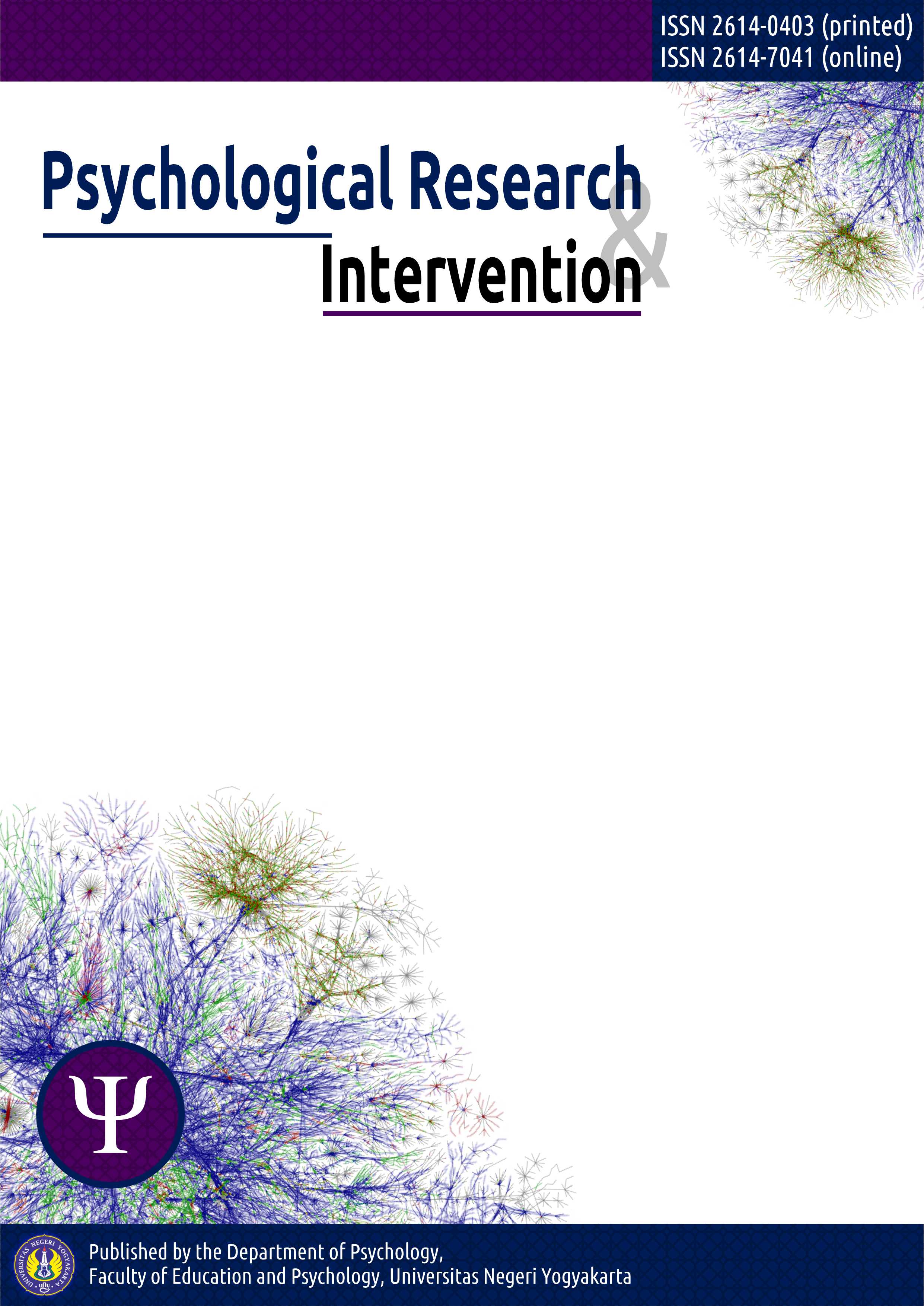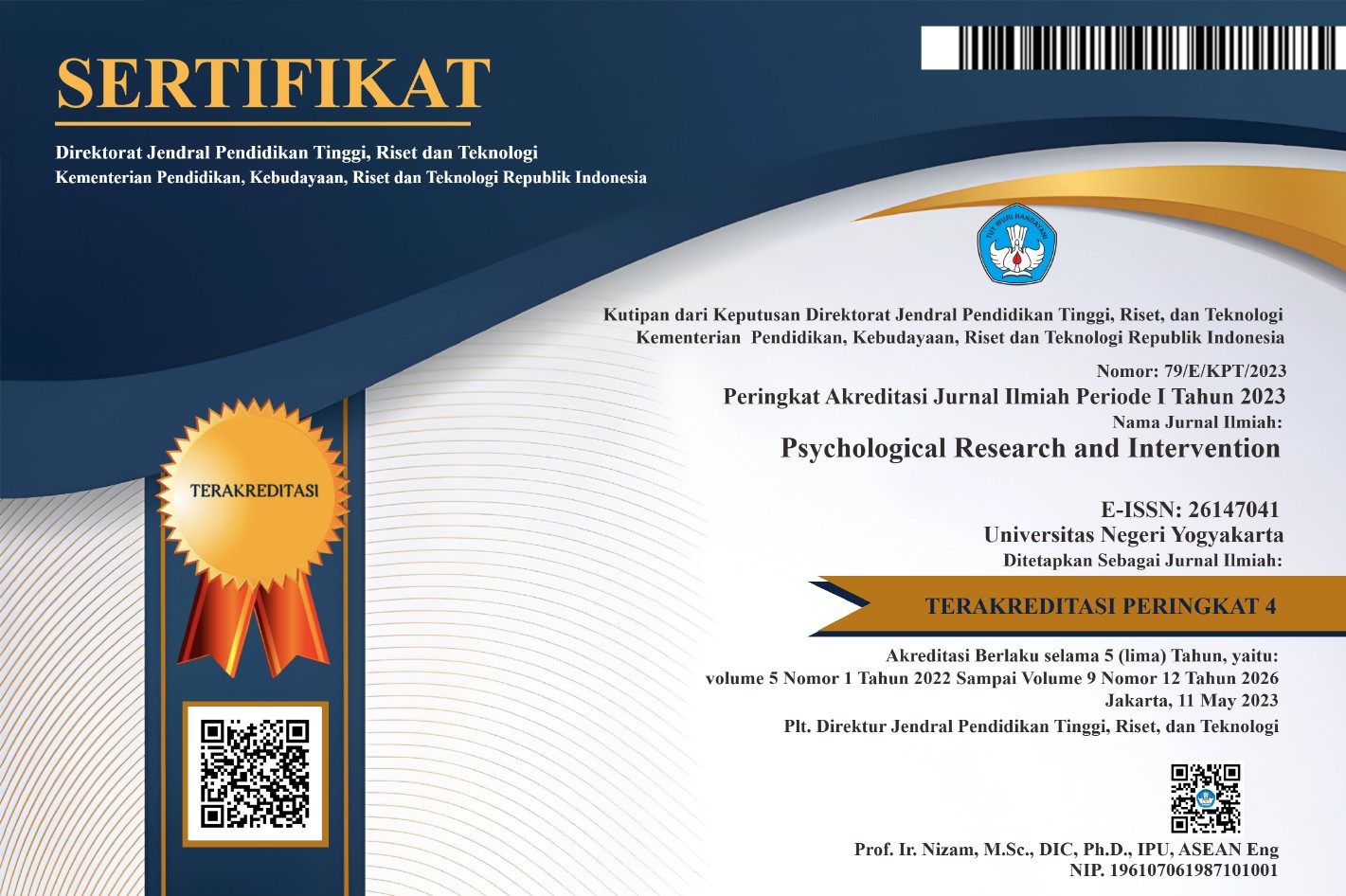Resilience and social support as predictors of work engagement in Indonesia industrial workers
A JD-R model perspective
DOI:
https://doi.org/10.21831/pri.v8i1.88812Abstract
Work engagement was a key psychological construct linked to employee well-being and organizational productivity. Drawing from the Job Demands-Resourcess (JD-R) model, this study investigates the predictive roles of personal and job resources specifically resilience and social support on work engagement. Using a quantitative correlational design, data were collected from 157 employees of a manufacturing company in Indonesia. Standardized scales measured resilience, social support, and work engagement. Multiple linear regression analysis revealed a significant joint contribution of resilience and social support to work engagement (R = 0.603, p < .01). Partial correlations further showed that both resilience (r = .333, p < .01) and social support (r = .270, p < .01) individually had significant positive relationships with work engagement. This result indicated that 36.4% of the variance in work engagement had been explained by the combined contribution of resilience and social support. Specifically, resilience accounted for 20.72% of the variance, while social support accounted for 15.67% of the variance in work engagement. These findings support the JD-R model and underscore the importance of enhancing individual and environmental resourcess in the workplace. Practical implications include the development of resilience training programs and the strengthening of support systems to promote work engagement in organizational settings.
Additional Files
Published
How to Cite
Issue
Section
License
Copyright (c) 2025 Unggul Haryanto Nur Utomo, Latifah Mutiara Husnaa

This work is licensed under a Creative Commons Attribution 4.0 International License.
Author retains all copyright to their ariticle. All article will be published under Creative Commons Attribution 4.0 License (CC-BY-4.0)











